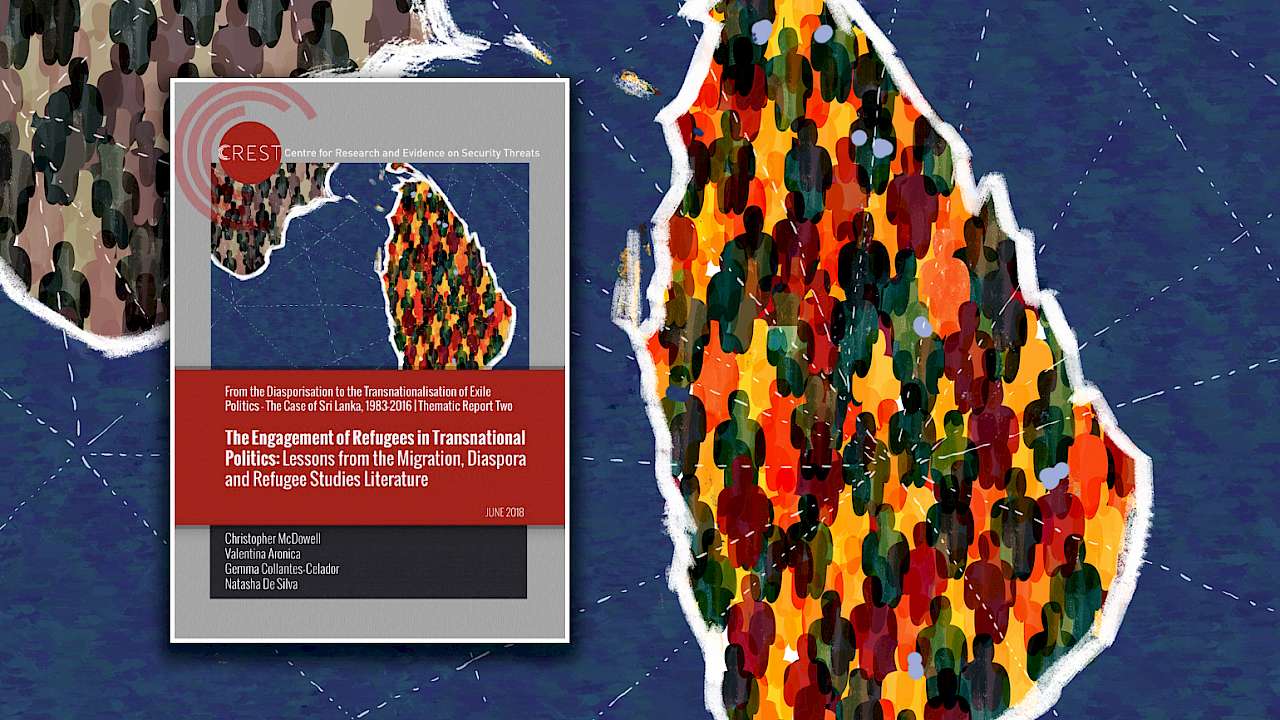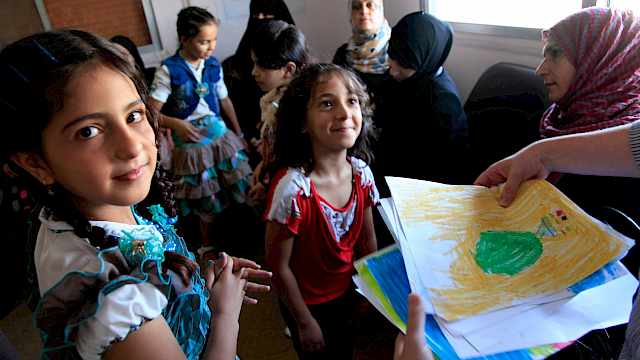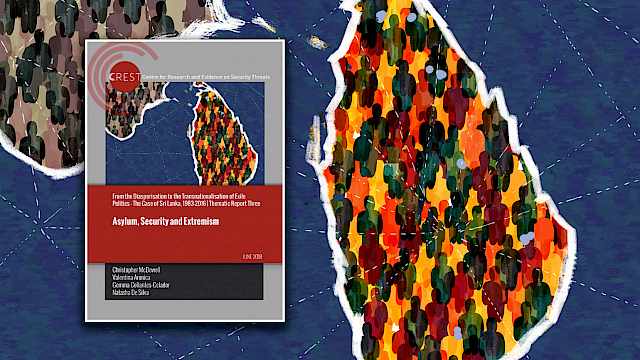The steep rise in the number of refugees and migrants entering the European Union has widened the general debate about the migration-politics nexus
Increasing refugee flows since the end of the Cold War resulted in a steep rise in scholarly interest in the topic of forced displacement and forced migration. As a consequence, the discipline of refugee studies emerged largely as a legal-political field of research seeking practical policy solutions to refugee ‘issues’.
The topic area of refugee politics, and specifically the interest of this report, namely the ways in which refugees are active agents influencing political developments both at home and in the host country, has received relatively little attention within the refugee studies literature.
The continuing ‘refugee crisis’ in the Mediterranean and North Africa which came to world attention in 2015 and 2016, and the steep rise in the number of refugees and migrants entering the European Union, in particular Germany and Sweden, has widened the general debate about the migration-politics nexus.
While the engagement of refugees and asylum seekers in transnational politics is a concern of some governments and their security services, the issue of refugee political engagement is yet to fully penetrate the academic literature. The author’s research on the Sri Lankan conflict that this paper supports considers this gap in the literature.
This paper draws together available knowledge by addressing the concept of ‘refugee politics’ and reviewing the contribution of the migration studies and diaspora studies literature to our understanding of transnational political engagement in the context of forced migration. It explores theories of integration and incorporation that might favour political mobilisation and offer a critical reflection on the current state of knowledge.
Read more
- Thematic Report One | Understanding Transnational Diaspora Politics: A Conceptual Discussion explores the theoretical and conceptual basis underpinning academic debates on engagement in the politics of conflict and post-conflict by communities living overseas.
- Thematic Report Three | Asylum, Security, and Extremism analyses the growing ‘securitisation’ of refugees and other forcibly displaced populations.
Copyright Information
As part of CREST’s commitment to open access research, this text is available under a Creative Commons BY-NC-SA 4.0 licence. Please refer to our Copyright page for full details.
IMAGE CREDITS: Copyright ©2024 R. Stevens / CREST (CC BY-SA 4.0)





